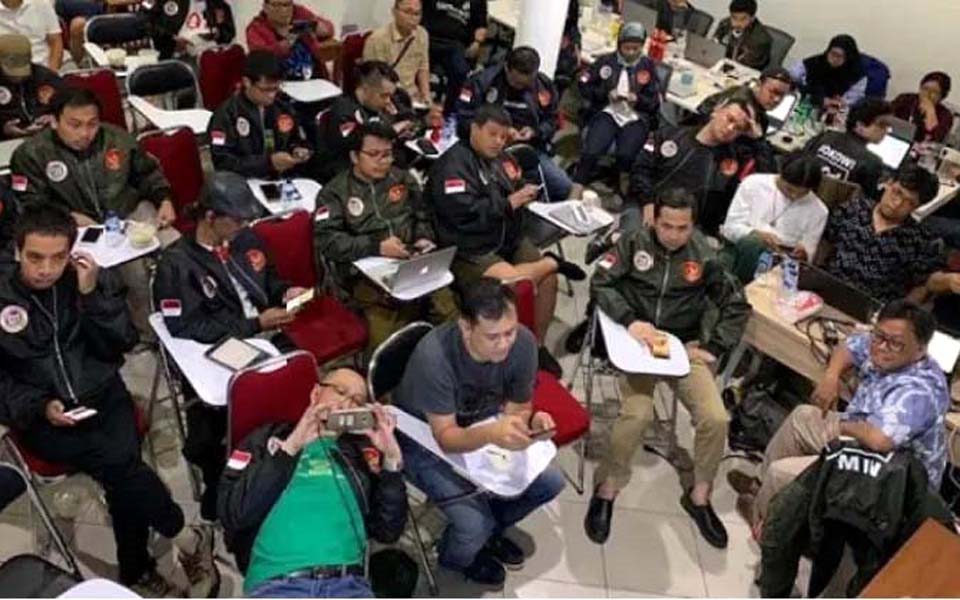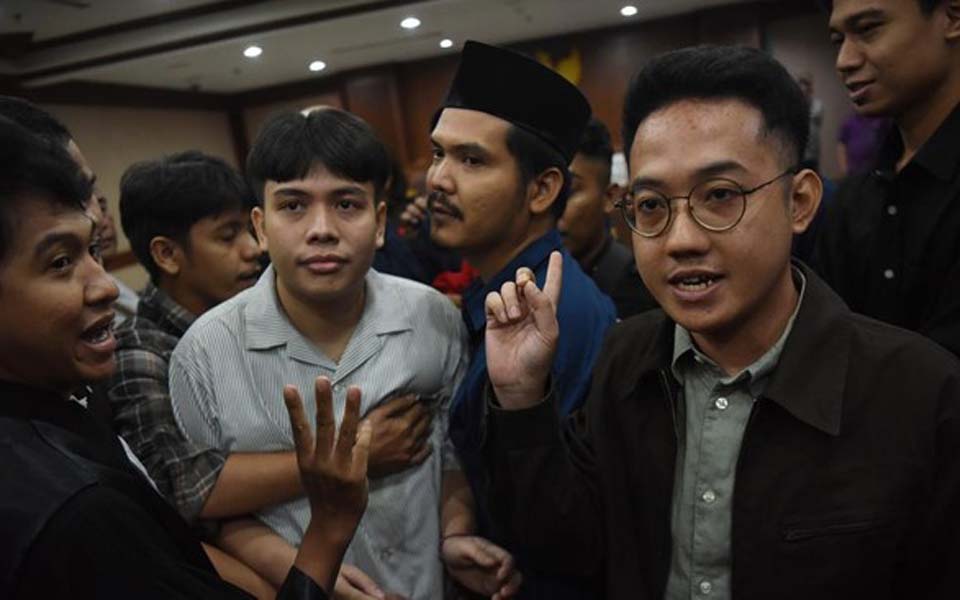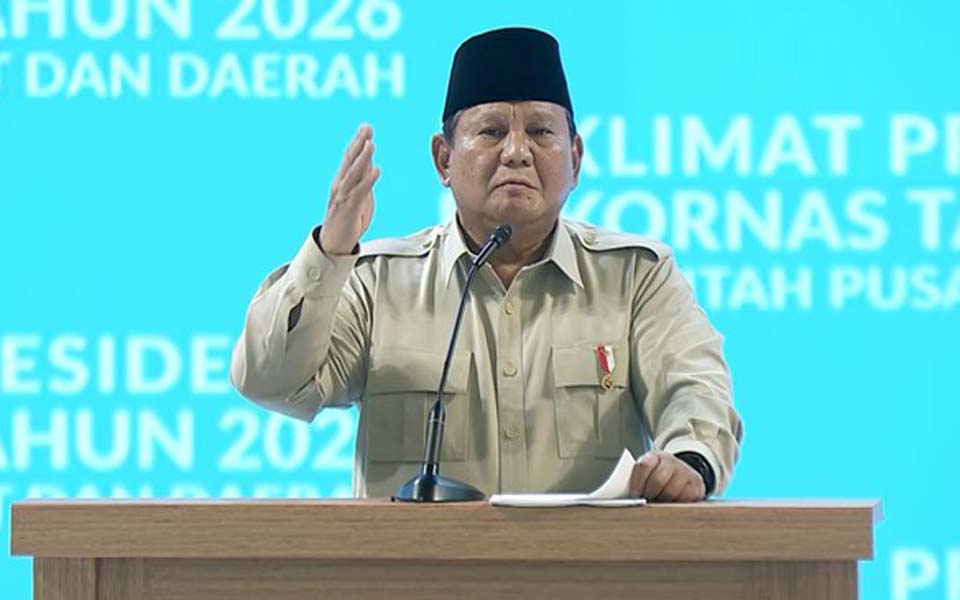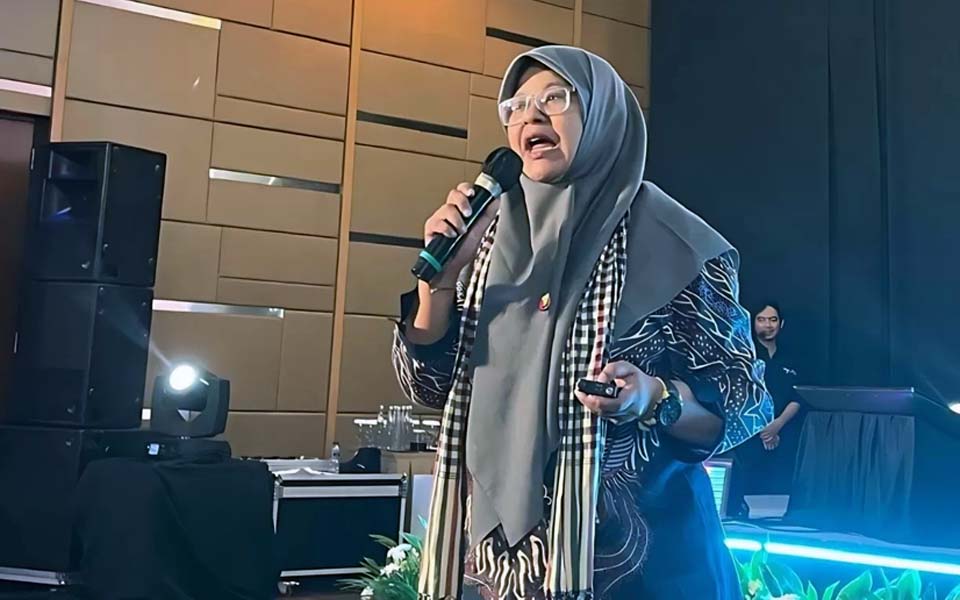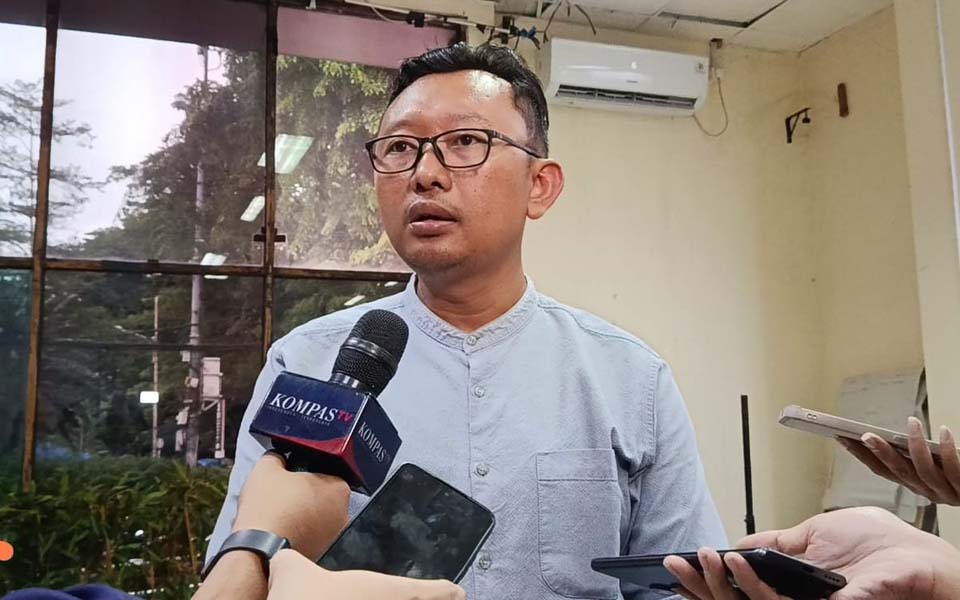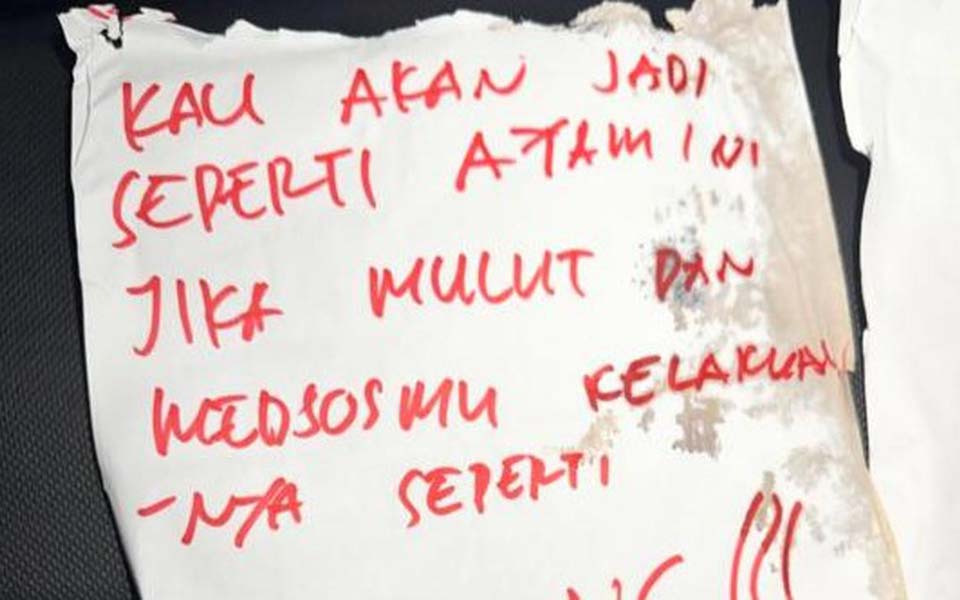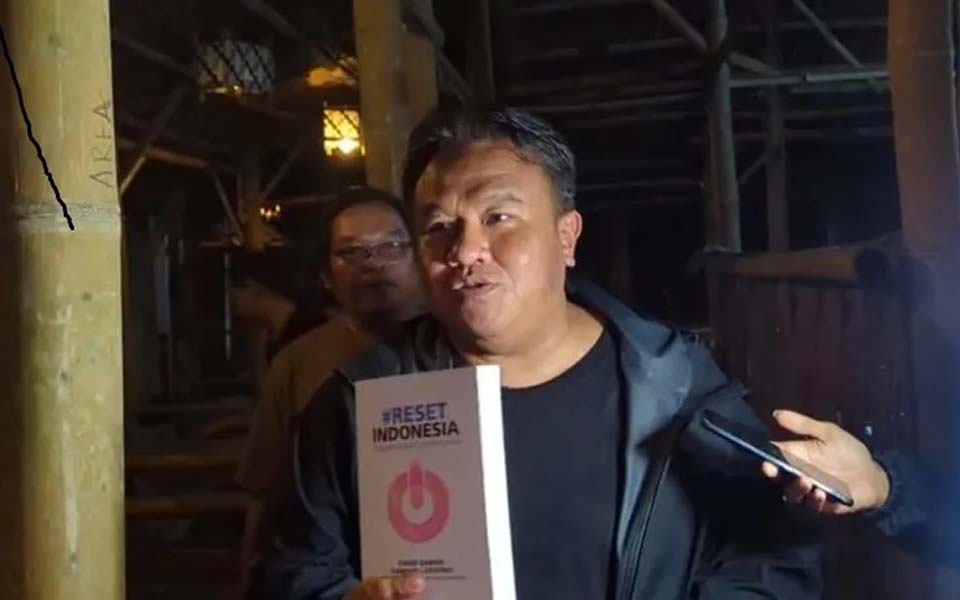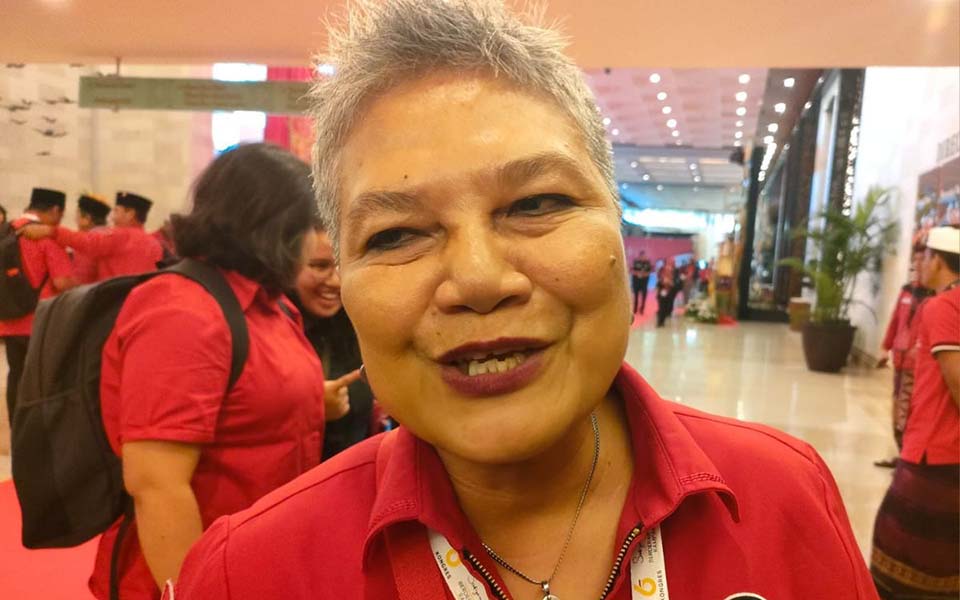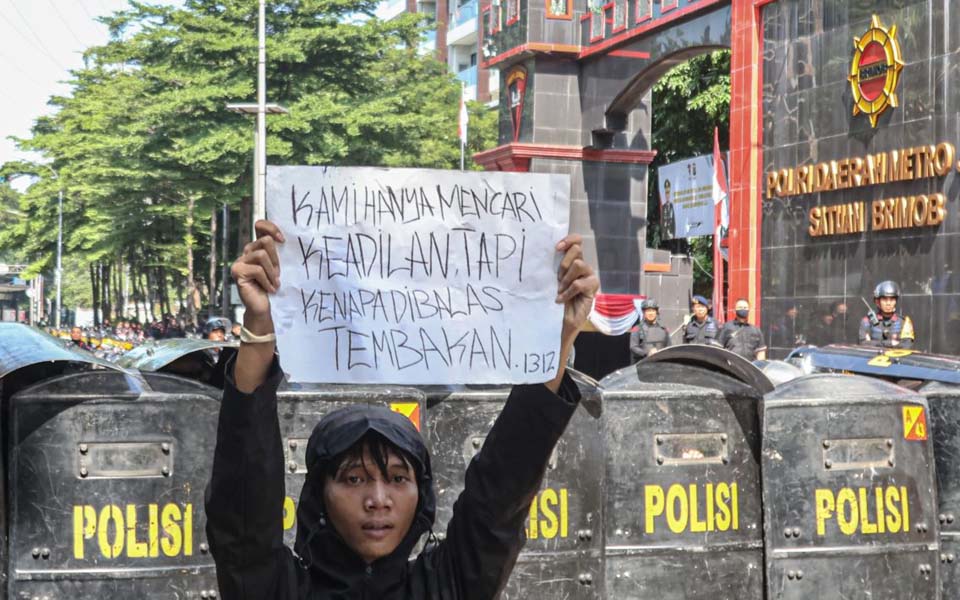Jakarta – Buzzers or cyber troops are being used as a tool by the political and economic elite in Indonesia to manipulate public opinion on social media in order to smooth the way for their respective interests.
These are the findings of collaborative research by the Institute of Research, Education and Information of Social and Economic Affairs (LP3ES), the Diponegoro University, the Royal Netherlands Institute of Southeast Asian and Caribbean Studies in Leiden (KITLV Leiden), the Amsterdam University, the Indonesian Islamic University (UII) and Drone Emprit.
The research was conducted by interviewing 78 buzzers over the last two years.
"There is a kind of political and economic elite and also people from within government circles who use cyber troops. And they can come from the government, from the political parties. So all kinds of people use cyber troops to defend their interests", said KITLV researcher Ward Berenschot when outlining the results of their research on Monday November 1.
Berenschot explained that cyber troops on social media represent at threat to democracy in Indonesia. He believes that the political elite often use cyber troops to counter criticism and to increase public acceptance of their interests.
Meanwhile, he said, the economic elite use them to garner public support on social media for government policies which support their interests, such the controversial Job Creation Law and revisions to the Corruption Eradication Commission (KPK) Law.
"Cyber troops weaken public debate in Indonesia. They spread bad information and succeed in garnering public sympathy against unimportant things, such as the issue of the Taliban [radical grouping] within the KPK", he said.
Berenschot went on to explain how cyber troops in Indonesia work. Initially a team and individuals who have a certain interest establish cooperation with the cyber troops. The cyber troops themselves, he said, are made up of coordinators, buzzer networks, influencers and content producers.
The coordinator, he said, is tasked with forming the cyber troops. They are the ones who give instructions to the buzzers on what content has to be posted on social media.
The buzzers meanwhile, he continued, are tasked with spreading as much content as possible on social media to create trending topics. Buzzers are also tasked with attacking those who articulate views which conflict with their client's aims.
Then there are the content producers who are tasked with preparing content, memes and hashtags for the buzzers to spread as widely as possible on social media.
"In the case of influencers, these are well known figures that are active on Twitter and have many followers. They are usually not official or organised cyber troop members. But sometimes they are also cyber troop members. Usually they are independent influencers. Influencers often receive money from the cyber troops for supporting a candidate or supporting the government", he said.
Berenschot also explained that in general cyber troops in Indonesia are not organised but work flexibly and are only brought together temporarily for a certain aim.
He also explained that the cost of mobilising these cyber troops is not cheap. Because of this, only certain groups who have adequate financial capital can use their services.
"These cyber troops widen political inequality in Indonesia. This is a big challenge for Indonesia. Because they're rich people, usually from the political elite, who are also rich people. When augmented by these cyber troops inequality becomes even worse again", said Berenschot. (rzr/DAL)
[Translated by James Balowski. The original title of the article was "LP3ES: Buzzer Dipakai Elite Politik, Lemahkan Demokrasi RI".]





